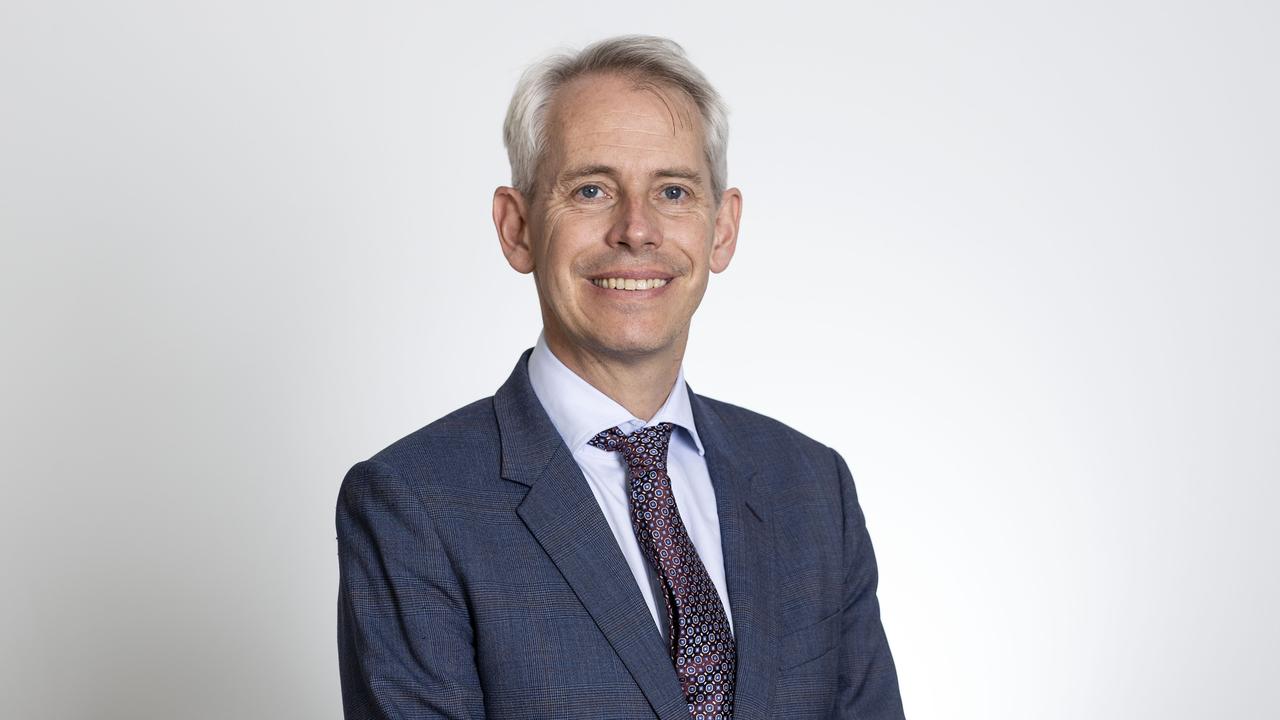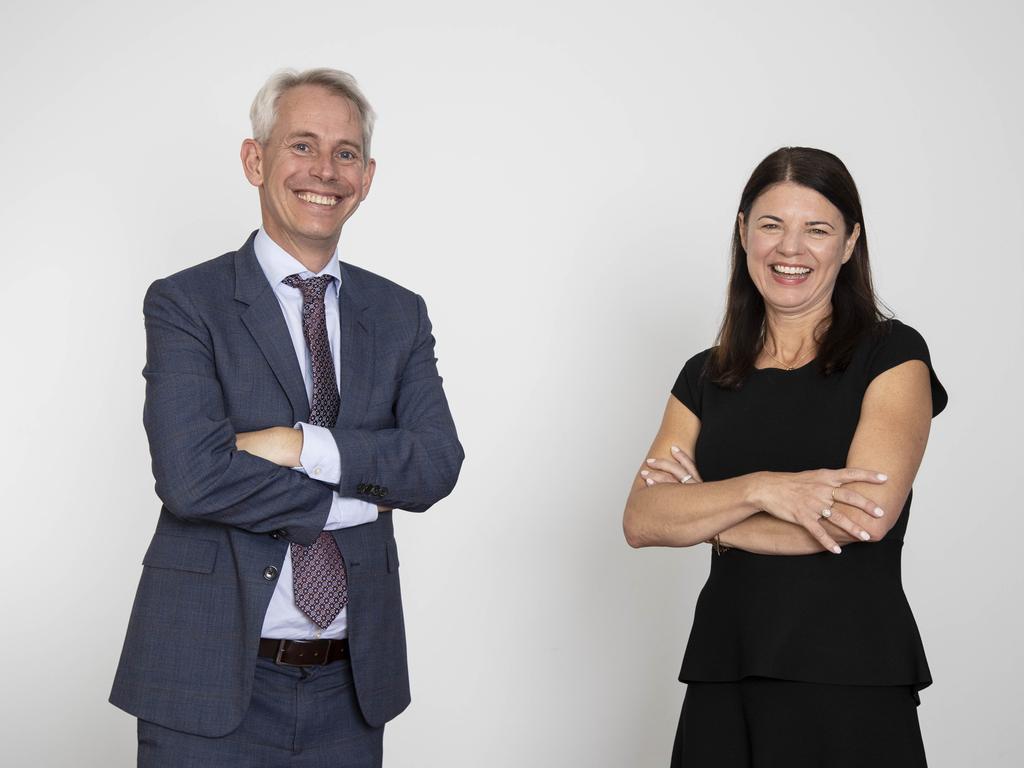Andrew Giles: Loneliness must be regarded as a public health priority
Australia needs to talk much more about this reality: too many experience loneliness and it’s damaging, says Andrew Giles.

National
Don't miss out on the headlines from National. Followed categories will be added to My News.
In 2013, 95,000 Liverpool fans packed the MCG and sang together the iconic club anthem – “you’ll never walk alone”. It was incredibly moving.
For a fleeting minute or so, everyone in that stadium was connected – as we all need to be.
Sadly, for many, that sense of connection and belonging is rare, and “walking alone” is the actual, painful reality of their lives.
Australia needs to talk much more about this reality – the reality that too many Australians experience loneliness and this is damaging their lives.
Loneliness is a feeling of social isolation. It’s not having the connections we need.
This is obviously a very common experience, but its consequences aren’t well understood.
So lonely people often aren’t taking steps to address what’s affecting them before they face serious problems, and it’s also the case that we aren’t well equipped as a society to respond, effectively, when people do reach out.
We know that before the pandemic, one in four Australians experienced damaging levels of loneliness some or all of the time.
Last year, the experience of COVID-19 doubled that rate to one in two. Half the population.
And we know that loneliness really hurts us, and it can kill.
President Obama’s former Surgeon-General Vivek Murthy has described loneliness as a “public health epidemic”.
He rated loneliness as a more significant public health challenge than obesity, and as lethal as smoking 15 cigarettes a day.
Significantly, he will reprise his role as Surgeon-General under President Biden.

In Australia, we need to treat it just as seriously. Loneliness must be regarded as a public health priority.
Its connection to issues like addiction, violence, anxiety and depression mean we have to.
We must also consider how loneliness can impact the whole of someone’s life – their health, their wellbeing, their capacity to work and to do the things they want to do.
Late last year, Ending Loneliness Together, a national organisation dedicated to addressing loneliness, released a landmark White Paper on the impact of loneliness in Australia.
Among many confronting statistics, the White Paper tells us that people who are lonely and socially isolated are 29 per cent more likely to suffer coronary heart disease and 32 per cent more likely to suffer a stroke.
Disturbingly, lonely adults have a 58 per cent higher risk of developing dementia compared to their less lonely peers.
The impact of loneliness on mental health is no less alarming. For many Australians, including many young Australians, loneliness is a catalyst for mental illness and suicide.
The White Paper notes that people experiencing loneliness are 17 times more likely to have made a suicide attempt in the last 12 months. Any serious attempt to address the incidence of suicide in our country must squarely face up to the corresponding scourge of loneliness.
These are compelling statistics, but it’s the personal stories of loneliness that leave the strongest mark on me.
Stories of younger Australians feeling lonely in the face of social media bullying.
Stories of middle or older age Australians struggling with severe loneliness through a major life transition – bereavement, divorce, redundancy or retirement.
Because loneliness is something that’s subjective, sharing these stories is so important. They can connect us to the consequences of disconnection in a way that statistics simply cannot.
Loneliness can affect anyone. But much like COVID-19, loneliness attaches itself to disadvantage – people on low wages, the job insecure, people living with a disability, recently arrived migrants, and people living with a mental illness are more likely to experience loneliness.
Too often, being lonely has been seen as regrettable, but something to be suffered in silence.
This must change. We now know how many people it affects and how badly it affects them.
We can start by talking about this with the seriousness it demands, and working to remove the stigma that prevents Australians talking about being lonely.
This is why Liberal MP Fiona Martin and I have formed a bipartisan, Parliamentary Friends of Ending Loneliness group – to build awareness and understanding of loneliness and its consequences, so that we can work toward ending it.
In Britain, there’s a Minister for Loneliness, who oversees programs and works with organisations that respond to the challenge that is loneliness.
They issue an annual report on loneliness, which highlights both the scale of the challenge and what’s working to make a difference.
This example provides hope for Australians experiencing loneliness, and there is another reason to be optimistic.
While 2020 saw a spike in loneliness, the pandemic has also brought home a sense of the fundamental importance of social connection.
This is something we must build on.
It will take more than a stirring song to end loneliness, but a shared commitment not to let our fellow Australians feel they are walking alone will change lives, and save lives.
Andrew Giles is the Shadow Minister for Cities and Urban Infrastructure, Multicultural Affairs and Assisting for Immigration and Citizenship
More Coverage
Originally published as Andrew Giles: Loneliness must be regarded as a public health priority








